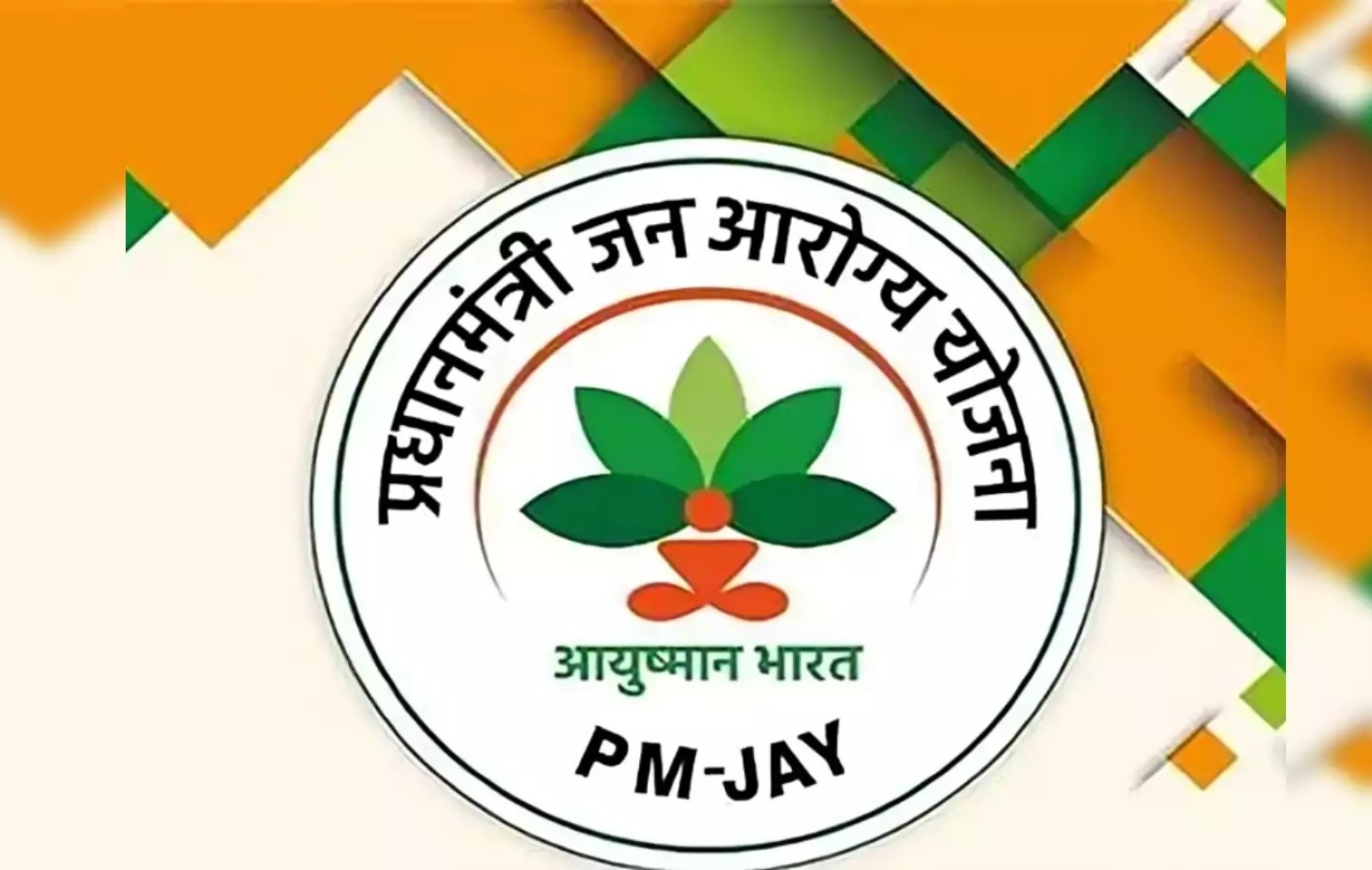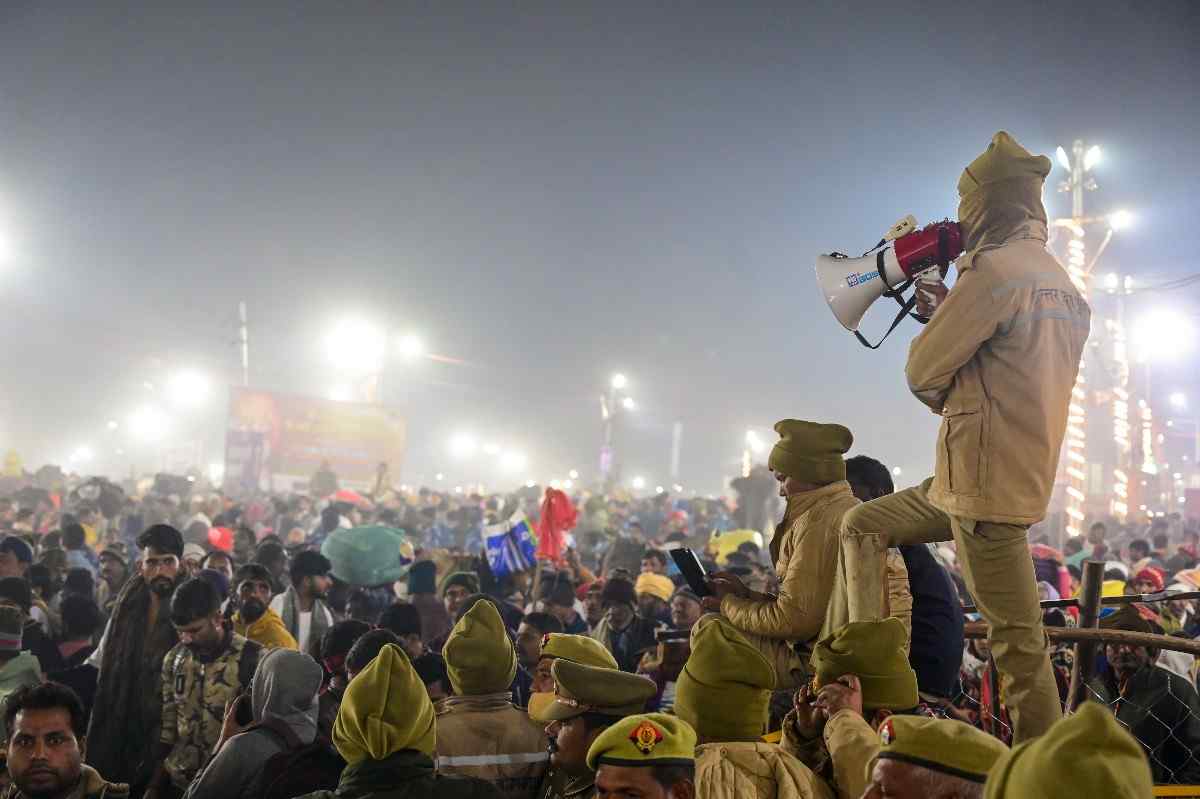Gurgaon: Starting February 3, around 600 private hospitals across Haryana are set to halt services under the Ayushman Bharat scheme due to pending reimbursements amounting to ₹400 crore. The Indian Medical Association's (IMA) Haryana unit announced this decision, citing financial strain caused by delayed payments from the state government.
Out of the 1,300 hospitals empaneled under the scheme in Haryana, 600 are private facilities, serving approximately 1.2 crore beneficiaries registered under the program. Ayushman Bharat, launched in 2018, provides free healthcare coverage up to ₹5 lakh annually for families with lower incomes and other eligible groups.
Doctors expressed their inability to sustain operations without timely reimbursements. “The speed of reimbursements is sluggish, and new bills keep piling up. It’s impossible to run hospitals like this,” said a Gurgaon-based doctor.
Dr. Mahavir Jain, president of IMA Haryana, highlighted that hospitals have only received 10-15% of their billed amounts, with months of payments still pending. “These bills are already discounted. Hospitals cannot survive without receiving even the bare minimum,” he said.
IMA officials revealed that despite discussions with Chief Minister Nayab Singh Saini earlier this month, where he ordered immediate release of funds, hospitals received only partial and insufficient payments.
Meanwhile, Ankita Adhikari, joint CEO of Ayushman Bharat Haryana, expressed optimism that the issue would be resolved within a week, avoiding disruption of services. However, private hospitals, including those in Gurgaon, are preparing to suspend services until the dues are cleared.
Dr. Jyoti Yadav of Kamla Hospital in Gurgaon confirmed their decision to support the IMA. “We see one to two patients daily under Ayushman Bharat and conduct eye surgeries. These services will stop if the issue persists,” she said.
Let the Truth be known. If you read VB and like VB, please be a VB Supporter and Help us deliver the Truth to one and all.
New Delhi (PTI): AAP chief Arvind Kejriwal on Wednesday responded to the Election Commission notice over his claim the Haryana government was "mixing poison" in Yamuna, and said raw water received from the BJP-ruled state in the recent past has been "highly contaminated and extremely poisonous" for human health.
In the 14-page reply to the Election Commission, the former Delhi chief minister said if such "toxic water" is allowed to be consumed by human population it would lead to grave health hazard and fatality.
Kejriwal said he only wanted to highlight the "urgent public health crisis" due to the quality of drinking water in the city, and he violated no law or Model Code of Conduct, hence the issue should be closed.
He said the "alleged statements" attributed to him were made as it was his public duty to red flag the "severe toxicity and contamination" of raw water received from the BJP-ruled state.
Following a complaint filed by the BJP over the matter, the Election Commission issued the notice to Kejriwal on Tuesday, giving him time till Wednesday 8 pm to furnish his reply.
Kejriwal also said the ammonia level in raw water received from Haryana was so "extreme" that water treatment plants in Delhi are unable to process and bring it down to safe and permissible limits for human consumption.
Following their party chief's response, the AAP issued a statement, saying, "It is an undisputed fact that there is 7 ppm ammonia in Yamuna water, A Delhi Jal Board CEO letter admits toxicity is 700 percent higher than the permissible limit."
In his response to the EC, Kejriwal also alleged that Haryana's "failure" in controlling pollution in Yamuna has resulted in an "unprecedented public health crisis" in Delhi. He alleged "indiscriminate" discharge of industrial waste in the river by the state.
The AAP supremo said Haryana is an upper-riparian state and Delhi, ruled by his party, has no role to play in the high level of toxic water being made available to the city.
"Due to such high level of toxic content in the raw water supplied by Haryana, the water treatment plants in Delhi are operating below capacity and there is a shortage of treated water in Delhi," he claimed.
Saying that access to clean water is a basic human right, the AAP chief asserted that raising this critical issue cannot be considered an offence.
"The said statement by no stretch of the imagination can be termed inciting enmity between different groups or prejudicial to national integration," he said.
On the contrary, the substance and purpose of these statements are rooted solely in the public interest, aimed at highlighting a legitimate civic concern that requires urgent institutional intervention, he asserted.
He requested the EC to intervene in the matter and issue appropriate directions to Haryana so safe water is made available to the people of Delhi.





